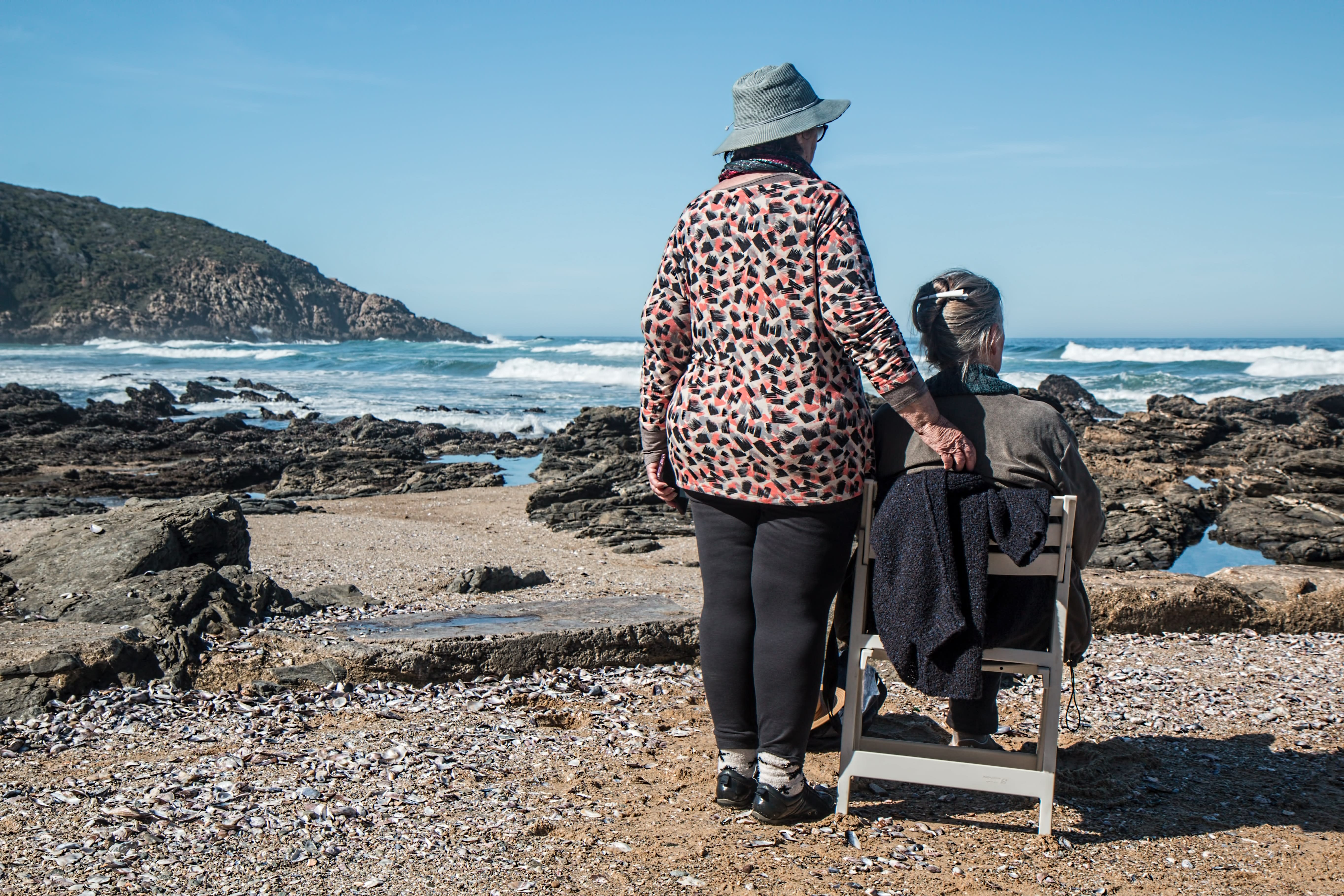By Tzivia Moreen, MD, Geriatrics Inpatient Consultation Service
Concerned About Delirium?
If you think your loved one may have signs of delirium, please seek medical advice from a professional right away.
The word “delirious” brings to mind many connotations. In the medical world, however, it’s not related to the famous song by a late American musician. Delirium is an actual medical diagnosis that impacts around 2.6 million adults over 65 every year.
Every March, geriatricians and other medical professionals work together to spread awareness and understanding of delirium so caregivers have the information they need to make sound decisions for their loved ones.
What’s delirium?
Delirium is a medical disorder that involves a change in a person’s level of consciousness and orientation. Patients with delirium have difficulty holding conversations and may seem confused or even have hallucinations. Other key factors of delirium may include impaired attention or change in cognition—symptoms of delirium vary greatly.
 What's the first sign of delirium?
What's the first sign of delirium?
A patient with delirium may be more sleepy than usual or may be overly alert, activated and restless. You may notice your loved one to be confused, disoriented or speaking in irrelevant or incoherent sentences. He or she may be more sleepy than usual, not eating well, not interacting as much as usual.
What's the most common cause of delirium in the older population?
Delirium is caused by underlying medical conditions, which may be almost anything including infection, a cardiac or lung condition, a new medication, surgery, pain, or constipation. It can also be caused by more subtle conditions such as changes in the environment or dehydration.
Can delirium lead to dementia?
Yes, delirium can lead to dementia and is certainly a risk factor for dementia. A good number of patients with delirium who develop dementia do not fully return to where they were before cognitively because dementia is a life-long disease.
What are the major differences between delirium and dementia?
- Delirium is acute (can come on suddenly) while dementia develops gradually over time.
- Delirium happens from underlying causes and can be reversed once these causes are treated, while dementia is a progressive disease that cannot be cured.
- Delirium comes and goes. Confusion, lethargy, or restless behavior that comes with delirium can seem “on and off,” whereas someone with dementia experiences a steady cognitive decline over time, which can affect their ability to function.
Why pay special attention to delirium in older adults vs. younger adults?
Older adults are at higher risk for delirium due to a combination of risk factors.
- Age itself is a significant risk factor for delirium. It is estimated that at least 1/3 of patients over 70 who are admitted to hospitals experience delirium.
- Older adults are also at higher risk for mortality and poor functional and cognitive recovery due to delirium.
How can you care for an older adult with recurring delirium?
If you care for an older adult who has delirium that comes and goes, understanding risk factors and prevention strategies is key.
The living space is crucial in preventing and managing delirium. Here are some precautions you can take while at home caring for your loved ones:
- Encourage movement or light exercise when possible
- Keep them hydrated and help them practice good eating habits
- Remind them where they are and what day it is
- Provide a quiet environment for good quality sleep at night
- Take measures to prevent constipation and treat pain
Above all, focus on establishing a clear routine with your loved one—this helps to maintain a familiar and stable environment.
Can delirium be treated with medication?
There is no research that shows medications to be effective in preventing or treating delirium. However, hospital staff sometimes uses certain medications to manage symptoms of delirium such as poor sleep, agitation or hallucinations.
What resources or support groups are available for loved ones?
Stamford Health has a geriatrics team that’s dedicated to detecting delirium and providing support and information for family members. The team includes doctors and nurses specially trained in geriatric medicine who specialize in the care of older adults.
We also have an inpatient geriatrics consultation service whose skilled practitioners can help medical teams prevent, diagnose and manage delirium. We encourage family members and caregivers to get more information from the following websites:
- Hospital Elder Life Program – https://help.agscocare.org/
- American Delirium Society - https://americandeliriumsociety.org/
Remember, while caring for an older loved one, it's also important to take time for yourself whenever possible. Speak with your family members and have a plan in place that's fair to everyone.
Featured Expert/ Author






